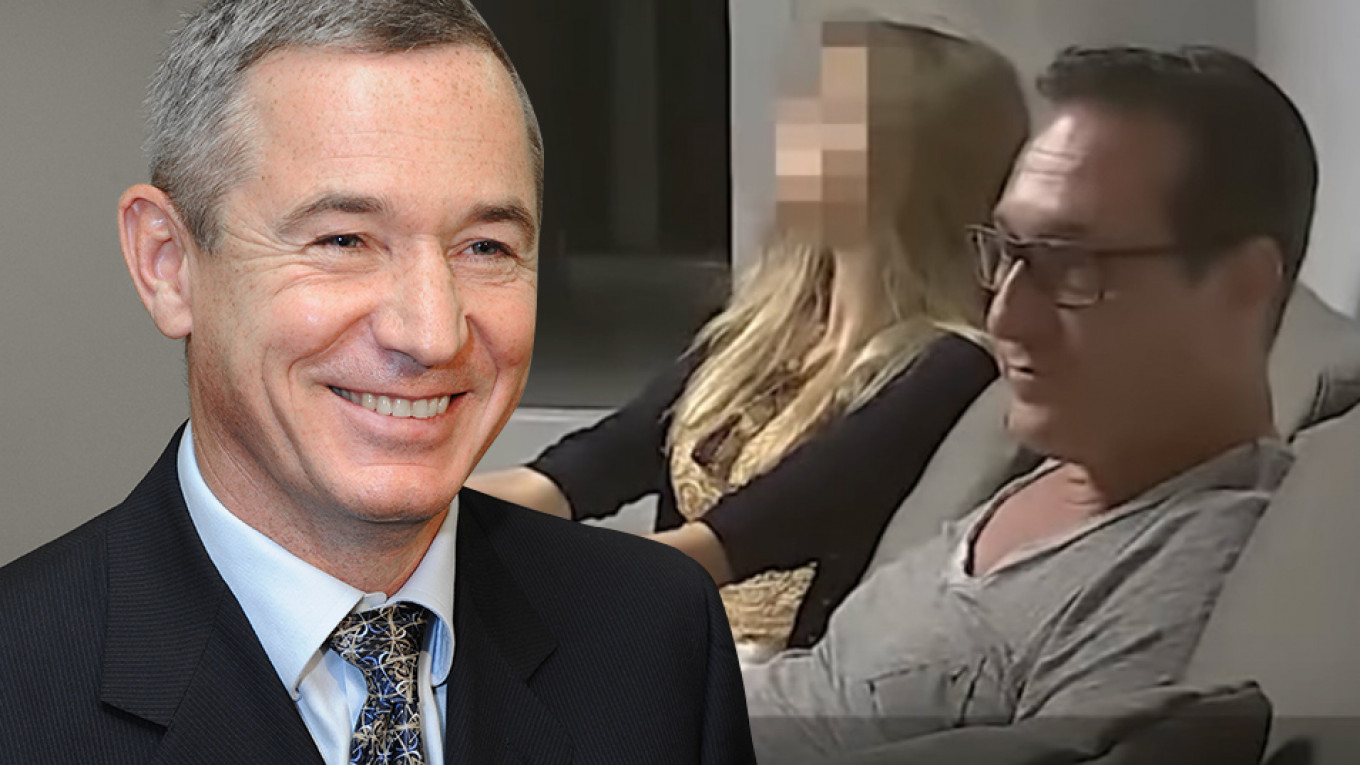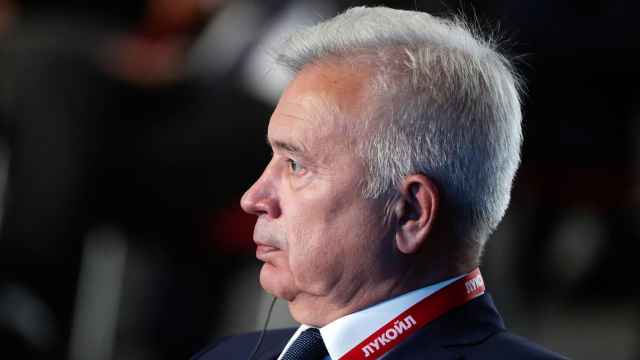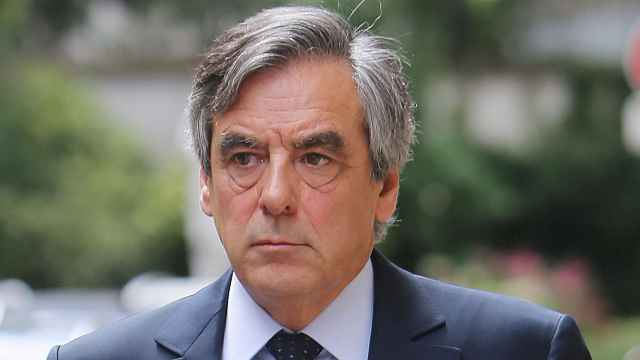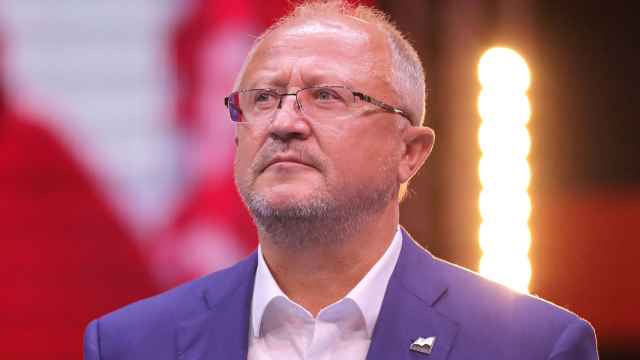A Russian billionaire has denied any links to a scandal that brought down Austria's right-wing coalition government this weekend after leaked video showed its vice chancellor discussing Russian financing for his campaign.
Austria's Vice Chancellor Heinz-Christian Strache resigned Saturday after video showed him meeting with a woman posing as Russian oligarch Igor Makarov’s niece in 2017. In the footage, the woman said that unnamed Russians would be willing to fund Strache's campaign in exchange for government contracts.
“It’s well-known that I was the only child in the family and so I don’t have a niece,” Makarov, 57, told Forbes Russia on Sunday.
“We’re using all the legally available methods to find out who’s behind the unauthorized use of my name,” he added.
The video released by two German news organizations late last week showed Strache meeting the woman in Ibiza shortly before he was elected to parliament in October 2017.
In the video, Strache also discussed party financing rules and how to work around them, although he also insisted on the need to act legally.
Strache, whose party has a cooperation agreement with Russia's ruling United Russia party, described the sting as a "targeted political assassination" and said it never led to any money changing hands. He insisted the only crime that took place was illegally videotaping a private dinner party.
"It was typical alcohol-fueled macho behavior in which, yes, I also wanted to impress the attractive female host and I behaved like a bragging teenager," Strache told a news conference, apologizing for flirting with the woman.
Forbes Russia ranks Makarov, the former head of Russian gas company Itera, as the country’s 48th-richest billionaire with a net worth of $2.1 billion.
When asked about the scandal on Monday, Kremlin spokesman Dmitry Peskov told reporters that the incident "does not have and could not have anything to do with us."
Reuters contributed reporting to this article.
A Message from The Moscow Times:
Dear readers,
We are facing unprecedented challenges. Russia's Prosecutor General's Office has designated The Moscow Times as an "undesirable" organization, criminalizing our work and putting our staff at risk of prosecution. This follows our earlier unjust labeling as a "foreign agent."
These actions are direct attempts to silence independent journalism in Russia. The authorities claim our work "discredits the decisions of the Russian leadership." We see things differently: we strive to provide accurate, unbiased reporting on Russia.
We, the journalists of The Moscow Times, refuse to be silenced. But to continue our work, we need your help.
Your support, no matter how small, makes a world of difference. If you can, please support us monthly starting from just $2. It's quick to set up, and every contribution makes a significant impact.
By supporting The Moscow Times, you're defending open, independent journalism in the face of repression. Thank you for standing with us.
Remind me later.






